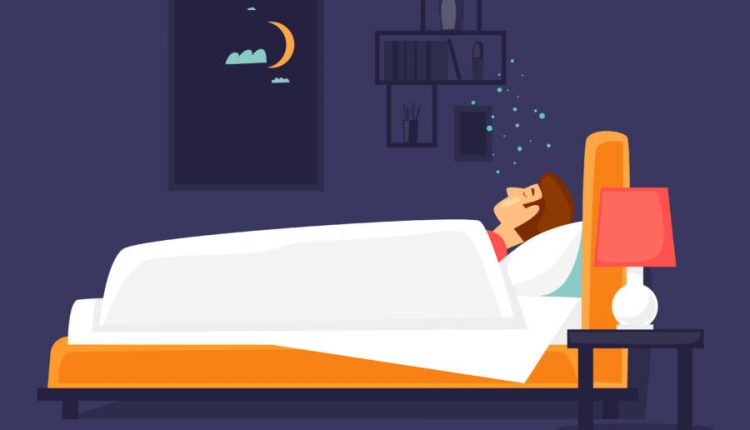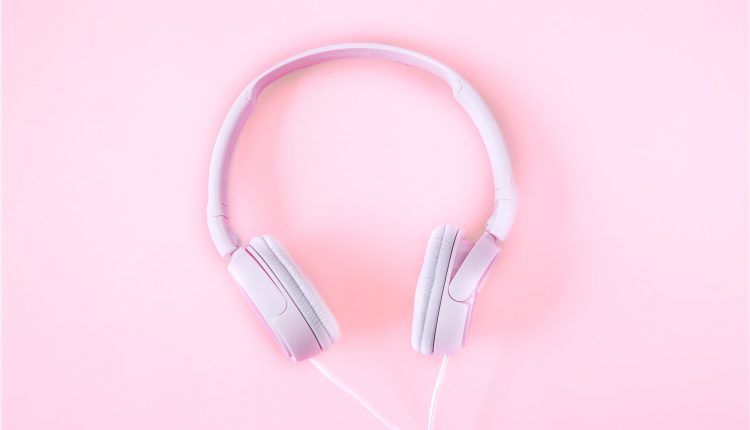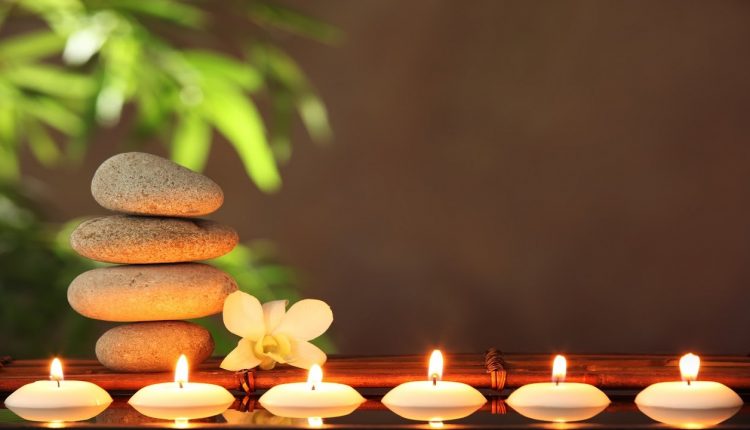
The Best Relaxing Sounds To Help You Sleep Better
Sleeping in a noisy environment can be problematic. You try to get to sleep, but the noise keeps bringing you to back to consciousness. When the noise persists, you miss on the circadian rhythm, and falling asleep becomes even more difficult. Without realizing it, you are deep into the night, wide awake.
But this happens only when you are exposed to bad sounds. As a matter of fact, you can use noise to help fall asleep and help you get a better rest at night. However, not every sound or noise will help you achieve this, even if you were using the most comfortable mattress from Tuft and Needle. Here is a look at some of the sounds that are relaxing enough and which will surely help you fall asleep.

White Noise
You have probably heard that one of the best ways to counter the effects of loud music coming from outside the room is to use a white noise, such as the sound of a fan. This may usually come handy when you are trying to sleep in a noisy dorm or you have party animals for neighbors who will not sleep until very late in the night. With white noise, you will find it easy to slide into slumberland, with or without loud noise coming from the outside.
White noise refers to a blend of all the sound frequencies all coming out at once and with the same intensity. Such a noise has the ability to mask any other noise you might find as disruptive to your sleep. They do a very good job of creating even and steady streams of sound that will be nothing but soothing to the ears and to the brains. Common examples of white noises you may turn to when you need a better sleep at night include the humming of an air conditioner and the whirring of a fan.

Pink Noise
In addition to white noise, pink noise has been receiving a lot of attention recently as an ideal sound for promoting sleep. Pink noise works by creating a balance of low and high-frequency sounds that copy many of the sounds present in nature. Studies indicate that those who go to sleep while exposed to pink sounds are able to spend a lot of time in deep, slow wave sleep. It is also suggested that exposure to this kind of sound may help improve the memory in addition to helping you get a better sleep.

Ocean Sounds
Millions of people use ocean waves as their preferred soothing sounds every time they need to fall asleep. To such people, the rhythm of the water waves crashing against the rocks and the sand is quite meditative, and we are all aware of the health benefits that meditation comes with. The sound of the waves is deeply relaxing because of their ability to create a state of mental relaxation, docile focus, and contentment.
Additionally, the sounds of the crashing waves are the sounds of non-threat. Every time you hear them, nothing but perfect peace and tranquility comes into your mind. This is why they are able to make you fall asleep and grant you a very deep and relaxing sleep.
Water Sounds
Other than the ocean sounds, there are also other water sounds which have the ability to create the same effects as the ocean sounds. It could be the sounds of a gentle river, a waterfall, the steady flow of a stream or the tapping of the raindrops as they hit the roof. One feature of these sounds, and which makes them ideal for sleep is the fact that they are very gentle and their intensity varies gradually, and is never sudden or abrupt, thus making it easy for fall to fall asleep in their presence.

Rainforest Sounds
If you have ever listened to any sound machine or sleep apps, you will note that they are all filled with different kinds of nature sounds – primarily wood and wilderness. This is because there is very powerful science behind the effects of sounds of nature to the human brain. Several studies have concluded that sounds of nature create an outward-focused attention to the brain, and limits inward-focused attention to the brain.
The latter is associated with states of mind such as depression, anxiety, and stress – in whose presence good sleep is never possible. Studies have also shown that when anxious individuals are exposed to nature sounds, they tend to get relaxed, and in essence connect with nature. This is why nature sounds are very powerful when it comes to inducing sleep and letting you have a very good rest.

Meditation Music
When you were a kid, you must have experienced falling asleep when a story was read to you while on a bed, or probably your mum sang to you lullabies which soothed you into sleep. Now that you are an adult, nothing has changed as far as falling asleep to soothing voices is concerned, only that you might not find anyone willing to sing you to sleep now. However, some people find the voices of others to be soothing enough to send them to sleep. It is not necessarily what is being said or sung by the people, but just the cadence and the tones of their voices is what you will find to be so relaxing. This is the very essence of guided relaxation and meditation programs.
Soothing tunes
The effects of music on sleep and health in overall are immense. Music has the ability to make a racing mind slow down, soothe anxiety, lower the heart rate as well as the blood pressure – all these are vital if you are looking forward to a great sleep at night. Studies indicate that playing classical tunes at bedtime may help to improve the quality of sleep amongst young people faced with different sleep problems.
But don’t confuse your favorite music as relaxing music. This is because when you listen to one of your favorite tunes, your brain will light up with a carousel, and this kind of activity is not ideal when you want to sleep. The ideal music for sleep should have the really slow rhythm of between 65 to 85 beats per minute. Such tunes are guaranteed to help you get the most of your sleep.

